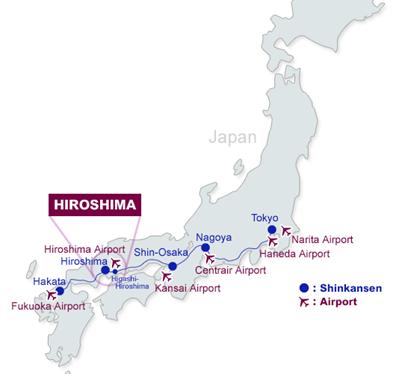|
|
 |
J-STARS Japan Statin Treatment Against Recurrent Stroke |
| What is J-STARS -Introduction- |
 What we aim for What we aim for
Since there has been the westernization of diet and lifestyle in Japan, and aging of our society,
the number of families whose family member died of stroke or lost quality of life by sequelae of stroke has been increasing. Furthermore, burden of family members who care for other family members with dementia is quite large. Currently, the treatments of stroke in Japan are based on data mainly compiled in Europe and America. However, people in Japan and those in Europe and America are different in body constitution and dietary habits.
J-STARS aims to establish optimum treatment against recurrent strokes. It is our mission to protect Japanese people against stroke, a devastating disorder and one of the three most frequent causes of death in Japan.
|
 Message from the principal investigator Message from the principal investigator
In our rapidly aging society, the number of patients who develop stoke is expected to further increase. Thus, the establishment and wide application of preventive measures against the onset of strokes as well as treatment methods against recurrent strokes is important not only in Japan, but also in East Asia countries where the incidence of vascular diseases is high, as well as in Western countries facing
a rapidly aging society. In this sense, the publishing the 2004 Stroke Treatment Guideline by 5 academic societies relating stroke treatment was an epoch making event. However, through the guideline compiling process, we realized that in the comparison with Western countries, the numbers of clinical trials and reports on the trials in Japan with high quality evidence was small. Through the participation in the PROGRESS trial, I realized the importance of carrying out clinical trials with a high evidence level. Thus, establishing high quality evidence that contributes to stroke treatment not only in Japan but also all over the world should be the great mission to us, the stroke treatment clinicians in Japan, even though it may be quite difficult.
A clinical trial entitled “Preventive effects of HMG-CoA inhibitor as antihyperlipidemia drug against relapse of cerebrovascular diseases” started in its preparation phase in 2002 Fiscal Year.
It is a multi-center randomized study to evaluate preventive effects of HMG-CoA reductase inhibitors (statins) against ischemic strokes. The trial is supported by a Health Labor Sciences Research Grant. In 2004 Fiscal Year, participating institutions where the trial protocol had been approved by respective institutional board started registration of cases.
It is a important unsolved subject to establish pleiotropic effects of statins for the treatment of stroke. Many enthusiastic investigators are participating in this project to establish globally applicable evidence, using a strict protocol. We thank all the investigators carrying out this clinical trial despite their busy routine clinical works, we also thanks to all patients who understood the importance of the stroke trial and actively participated in it.
|
 Masayasu Matsumoto MD, PhD Masayasu Matsumoto MD, PhD |
 J-STARS Office J-STARS Office
Address:1-2-3 Kasumi Minami-ku
Hiroshima, Japan 734-8551
Phone: +81-82-257-5201
FAX: +81-82-505-0490
 |
 Sponsors and Collaborators Sponsors and Collaborators
○Translational Research Informatics Center, Kobe, Hyogo, Japan
http://www.tri-kobe.org/
○Ministry of Health, Labour and Welfare, Japan
http://www.mhlw.go.jp/english/index.html
○Hiroshima University
http://www.hiroshima-u.ac.jp/index.html
○Hiroshima University Department of Clinical Neuroscience
and Therapeutics
Graduate School of Biomedical Sciences (DCNT) Only in Japanese
http://home.hiroshima-u.ac.jp/naika3/
|
|
「Japan Statin Treatment Against Recurrent Stoke」
Department of Clinical Neuroscience & Therapeutics
Hiroshima University Graduate School of Biomedical Science
Masayasu Matsumoto MD, PhD
 |
|
|
|